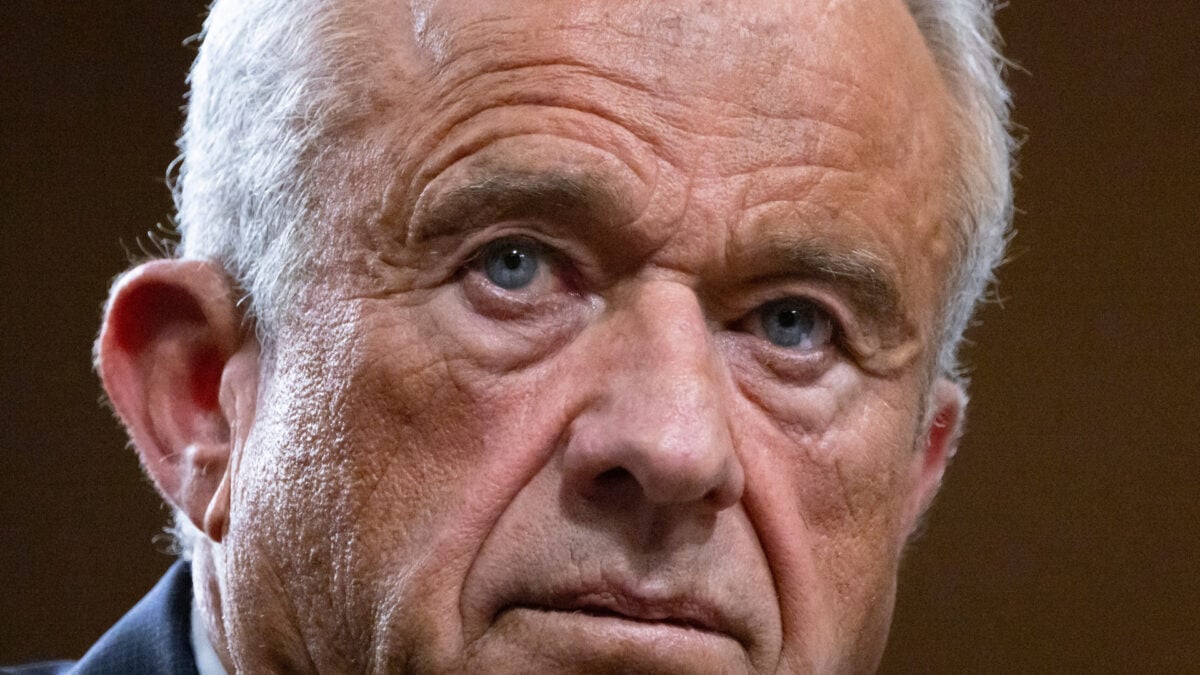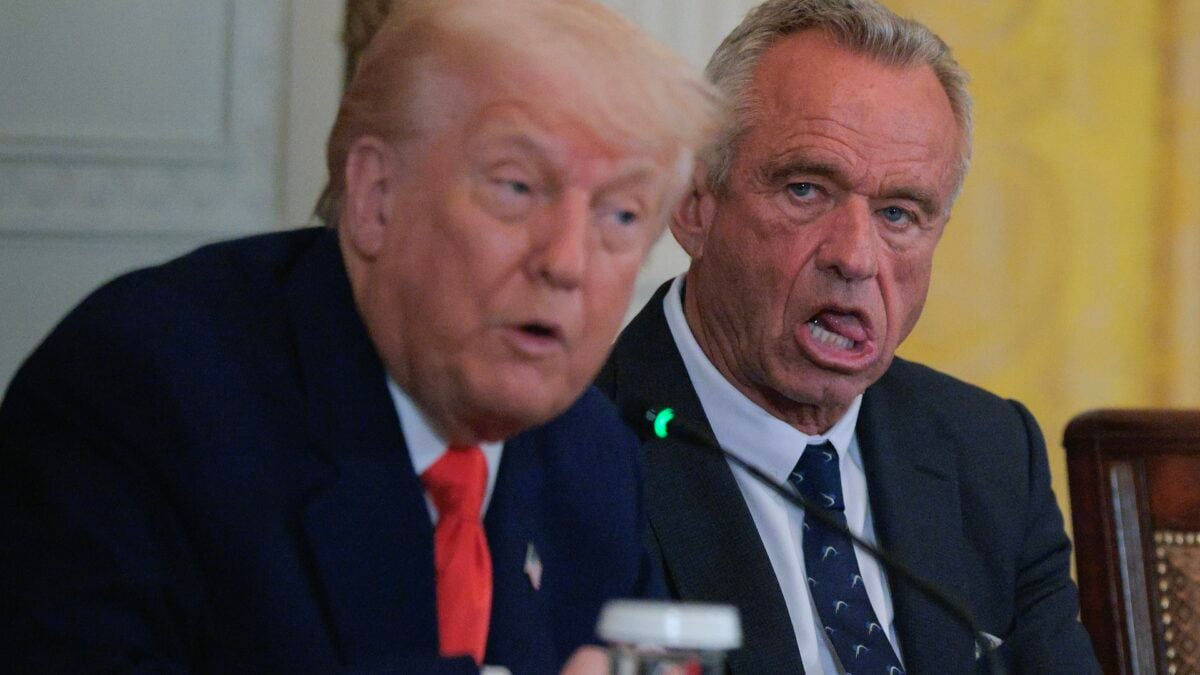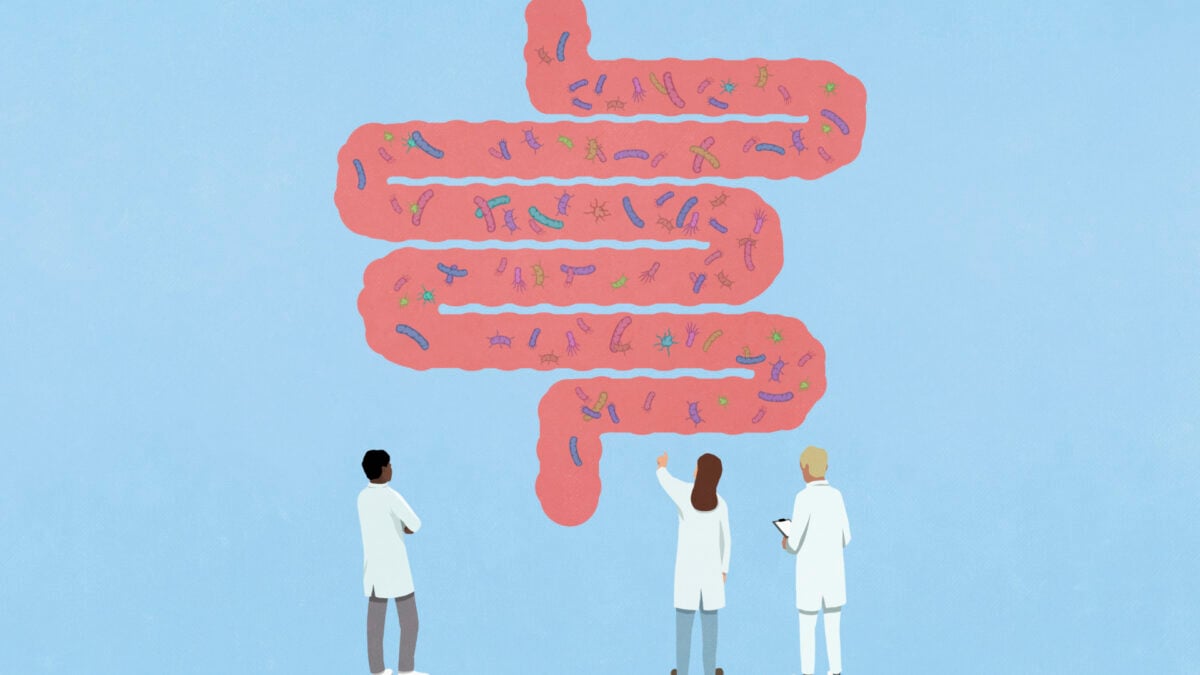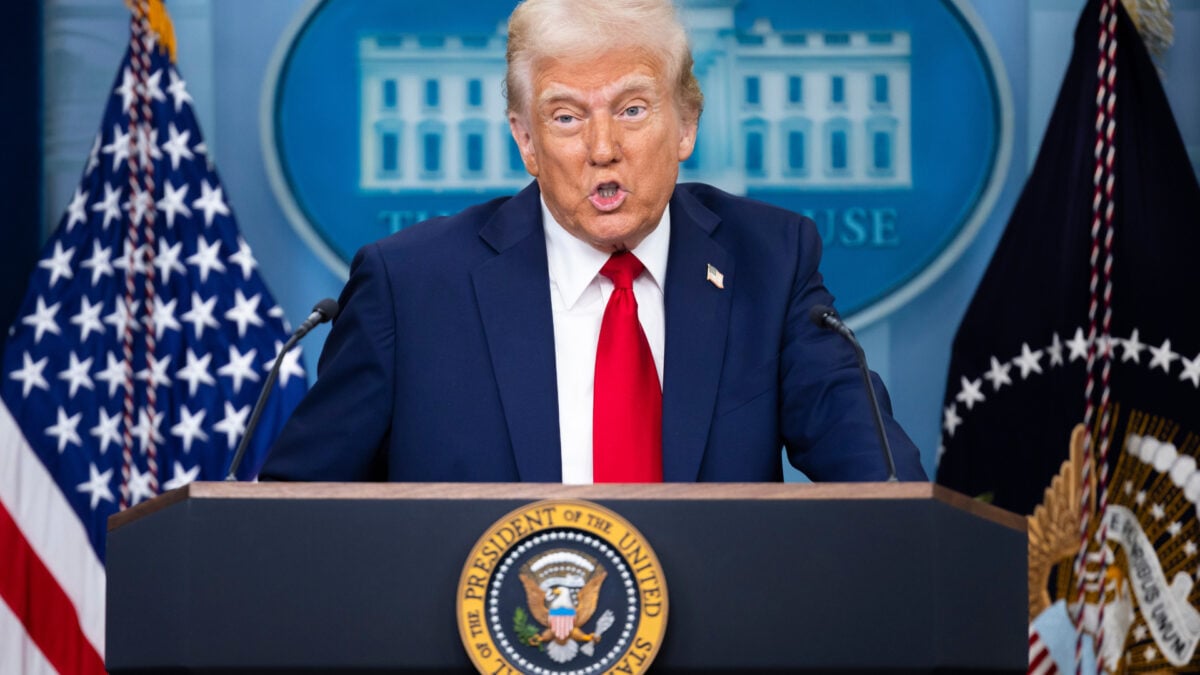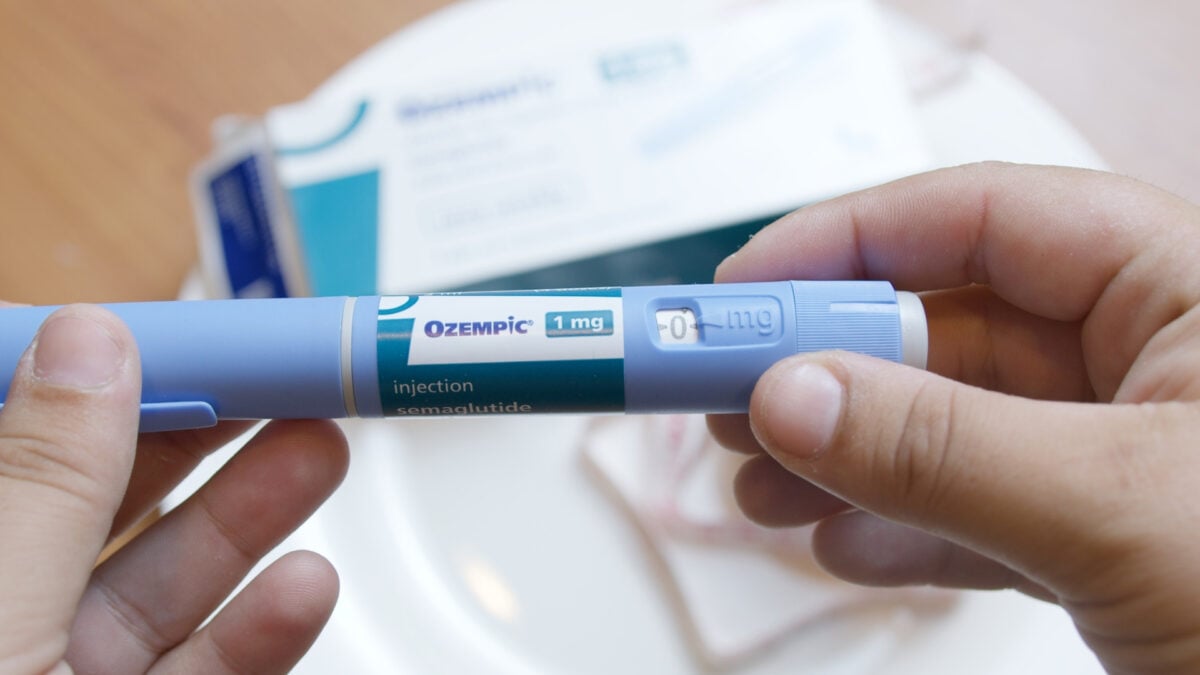Robert F. Kennedy Jr., the Health and Human Services Secretary, has terminated all 17 members of the Centers for Disease Control and Prevention’s Advisory Committee on Immunization Practices (ACIP). This committee of external experts plays a crucial role in shaping U.S. vaccine policies. Kennedy announced the dismissals late Monday afternoon in a Wall Street Journal editorial, claiming the move aims to restore public trust in vaccines. However, given RFK Jr.’s history of exaggerating vaccine dangers, experts are concerned he may appoint individuals with anti-vaccination views to the influential panel.
Expert Outcry Over ACIP Overhaul Amid Public Health Risks
The decision has drawn sharp criticism from the medical community. “Today’s action to remove the 17 sitting members of ACIP undermines…trust and upends a transparent process that has saved countless lives,” stated Bruce Scott, president of the American Medical Association, in a communication to maagx.com. “With an ongoing measles outbreak and routine child vaccination rates declining, this move will further fuel the spread of vaccine-preventable illnesses.”
The ACIP is a panel of external experts convened by the CDC. Their recommendations, once formally adopted by the CDC, significantly influence which vaccines are administered to the public. For instance, states frequently require children to receive ACIP-recommended vaccines, like the measles, mumps, and rubella (MMR) vaccine, for public school enrollment. Insurance plans are also typically mandated to cover these vaccines without cost-sharing for patients.
RFK Jr.’s History of Vaccine Skepticism and Policy Direction
For two decades, RFK Jr. has consistently misrepresented scientific evidence on vaccine safety and other significant health topics. His intentions to challenge established vaccine policies became clear shortly after his appointment. In his inaugural speech as HHS Secretary in mid-February, Kennedy announced plans to form a commission to investigate the childhood vaccine schedule as a potential cause of chronic diseases, despite a lack of strong scientific evidence supporting such a connection.
Kennedy has previously alleged that current and former ACIP members had significant conflicts of interest, such as receiving funds from vaccine manufacturers. During Senate committee hearings in January, he claimed that 97% of ACIP members had such conflicts. This assertion was misleading, stemming from a misinterpretation of a 2009 report. The report found that 97% of financial disclosure forms from advisory committee members in 2007 had errors or omissions, like missing dates, not necessarily undisclosed financial conflicts. While Kennedy’s recent WSJ editorial correctly cites the 97% statistic, he still implies these omissions are largely undeclared financial ties, though the 2009 report indicated that 15% of members failed to comply with ethics requirements during their committee service.
Broken Pledges and Mounting Concerns
Beyond misrepresenting the ACIP’s ethical standards, Kennedy appears to have broken a promise made to Senator Bill Cassidy (R-Louisiana). Kennedy had pledged to “maintain” the ACIP without alterations, a commitment that was crucial for securing Cassidy’s tiebreaker vote in February, advancing his nomination through the Senate.
In a post on X late Monday, Senator Cassidy acknowledged widespread fears that the ACIP will now “be filled up with people who know nothing about vaccines except suspicion.” Cassidy did not directly address the broken promise but stated he would continue discussions with Kennedy to “ensure that this is not the case.”
There is little expectation that RFK Jr.’s anti-vaccine agenda will face significant constraints from within the government. He has already initiated a new investigation into the discredited link between vaccines and autism, to be led by David Geier, a known vaccine skeptic. Furthermore, Kennedy and the Trump administration have reportedly hindered the development of newer, potentially more effective vaccines for influenza and COVID-19, and are attempting to introduce testing roadblocks that could complicate future vaccine approvals.
Conclusion: Navigating a New Era of Vaccine Policy Uncertainty
The dismissal of the entire ACIP membership by HHS Secretary Robert F. Kennedy Jr. marks a significant shift in U.S. vaccine policy oversight. While Kennedy cites a desire to restore public trust, his actions, coupled with his long-standing skepticism towards vaccines and alleged broken promises, have amplified concerns among public health experts. The potential restructuring of this key advisory committee with individuals who may share RFK Jr.’s views could have profound implications for national immunization strategies, vaccine development, and the ongoing efforts to combat preventable diseases. The situation calls for close observation as new appointments are made and future vaccine policies unfold.



